.png)
In a world where marijuana continues to stir heated debates and societal shifts, a new study from the University of Toronto and Osgoode Hall Law School sheds light on some of the most pervasive myths surrounding cannabis use. Contrary to popular belief, the research indicates that frequent marijuana users do not suffer from reduced motivation, increased paranoia, or hangovers the day after use.
The study, published in the journal Social Psychological and Personality Science, draws upon responses from adults in the U.S. and Canada who use marijuana at least three times a week for non-medical purposes. These participants, recruited through Reddit, were subjected to a 30-minute baseline survey and answered brief surveys five times a day over a week. This rigorous methodology provided a nuanced view of the everyday experiences of habitual marijuana users.
Researchers found that habitual users reported a host of positive emotions when high, including awe, inspiration, and gratitude, while also experiencing reduced stress and fear. This counters the stereotype that cannabis leads to heightened paranoia and anxiety. "Interestingly, getting high was not associated with increased suspicion or paranoia among chronic users, contrary to popular depictions and even medical symptom lists," noted the research team, referencing a 2013 American Psychiatric Association publication.
However, the study did observe that while cannabis did not impact reports of willpower, responsibility, or industriousness significantly, it was associated with a decrease in momentary conscientiousness, such as self-control and neatness. These findings highlight a complex picture of marijuana's effects, with minor negative impacts being balanced by significant emotional benefits.
.png)
The emotional benefits appear to be short-lived, with few lasting effects after the high wears off, addressing the common concern about potential 'weed hangovers'. Researchers specifically stated, "At least among chronic users, the effects of cannabis intoxication in the real world are short-lived, with little indication of any sort of cannabis hangover a few hours later or the next day."
This study challenges the moralization of cannabis use, suggesting that much of the negative stereotyping of marijuana users as lazy or uneducated is rooted in historical biases rather than factual evidence. As marijuana becomes more socially and legally accepted worldwide, studies like this could play a crucial role in shaping informed, science-backed policies and attitudes.
Overall, while the study underscores some downsides to frequent and especially heavy use, such as increased impulsiveness and negative emotions, it also points to a generally positive emotional state among regular users, debunking several long-held misconceptions about the plant's impact on daily functioning and mental health.
Follow us on Instagram, there's even more interesting stuff there.
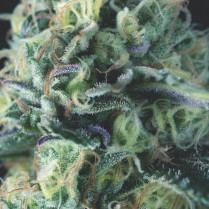
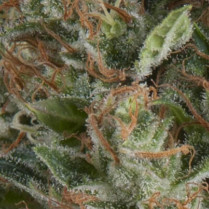
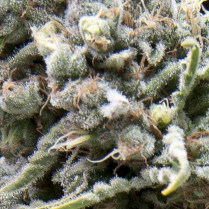
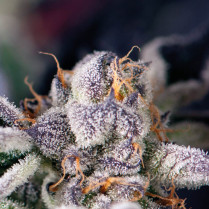
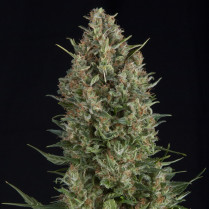
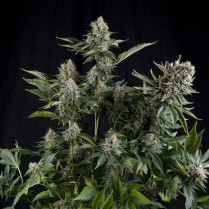

Comments (0)
New comment